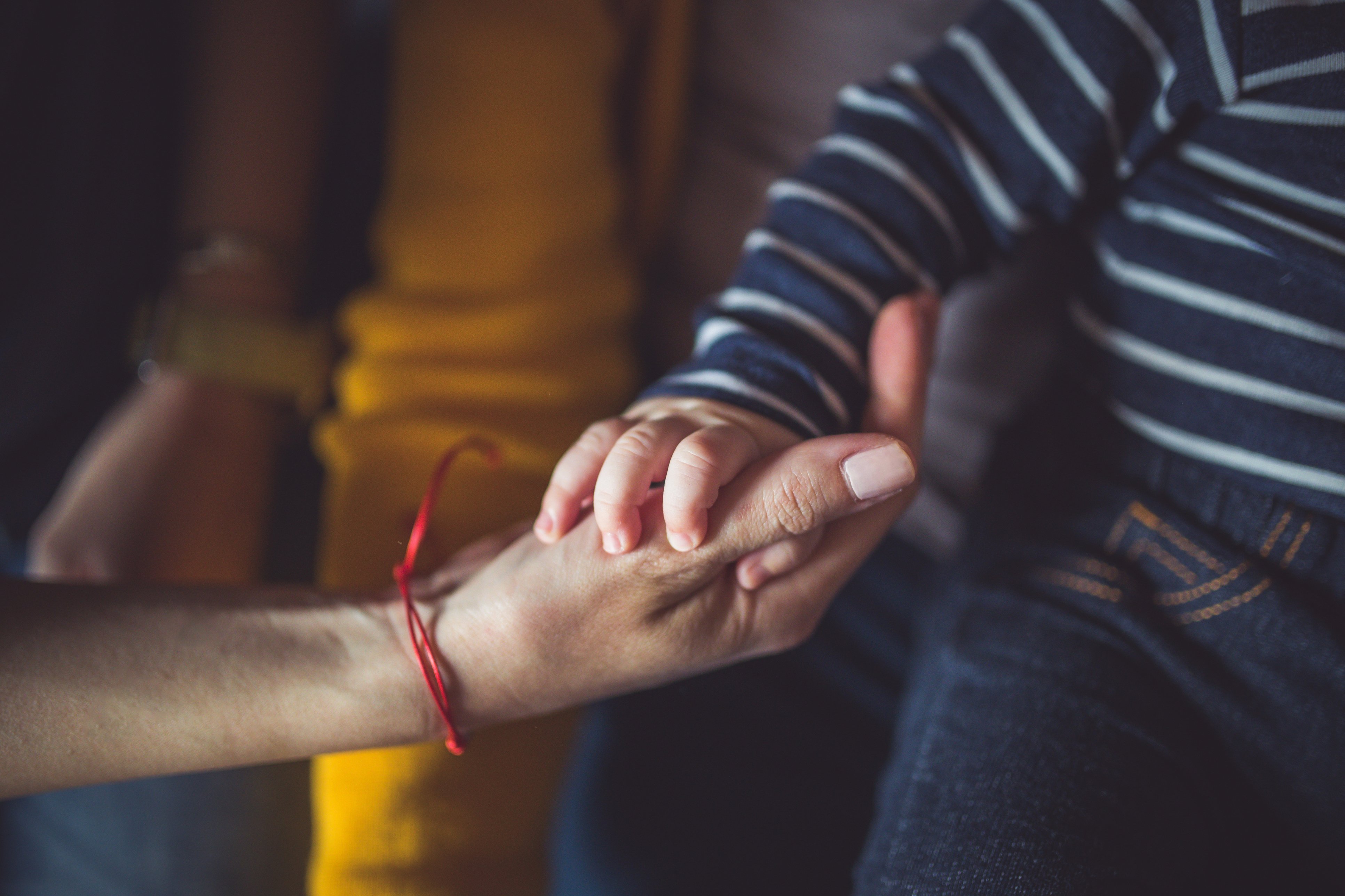Taking care of a child who has a brain tumour can have a huge impact on everyone in your family: your child who has a brain tumour, their siblings, you and your partner, family members, and other extended supports. Taking care of a child who has a brain tumour can also have a huge impact on the relationships between many family members, especially caregivers.
It is important for you and your family to know that there is nothing that you could have done to prevent your child from developing a brain tumour. Try to be mindful about feeling guilty or responsible for something out of your control.
Communication
Try to develop lines of communication between your family members and other caregivers. Talking about this can often be challenging - as a caregiver, you want to focus on caring for your child.
One strategy is to develop a communication tree so that a family member or trusted friend is responsible for updating the rest of the family and friends about your child's status. It is helpful to have clear language about the diagnosis and prognosis to ensure consistency of communication. Team members can assist you with strategies for communication, including developmentally appropriate messages for other children in the family.
Structure and routines
Adjusting to a brain tumor diagnosis and treatment causes varying amounts of distress to children, caregivers, and family members. In a new and seemingly uncontrollable environment, it helps to implement and/or maintain structure in meaningful ways that allow you to hold on to a sense of normal, however minimal.
You may need to establish new routines to manage your child’s care and support other children’s day-to-day lives. As a caregiver, you may also need to implement new routines to manage this journey. However, maintaining structure where possible provides some stability, particularly in response to managing uncertainties. Many children who have a serious illness such as a brain tumour learn to adjust to their situation over time, albeit with the right supports.
Social supports
It can be a challenge for you to meet the needs of all your children while looking after an ill child. Immediate and extended social supports can offer practical support in caring for your child (ren). These might include grandparents, other family members, close friends, or community supports. The emotional and practical burden for caregivers can be compounding and overwhelming. It is important to reach out to others and accept offers of help when it fits what you need.
Look for resources that can help you, your child, and the rest of your family through this challenge. Leading treatment centres usually have social workers and child life specialists on staff to help support coping. These professionals can also provide information about a variety of practical matters such as transportation and accommodations for your family while your child is in hospital.
